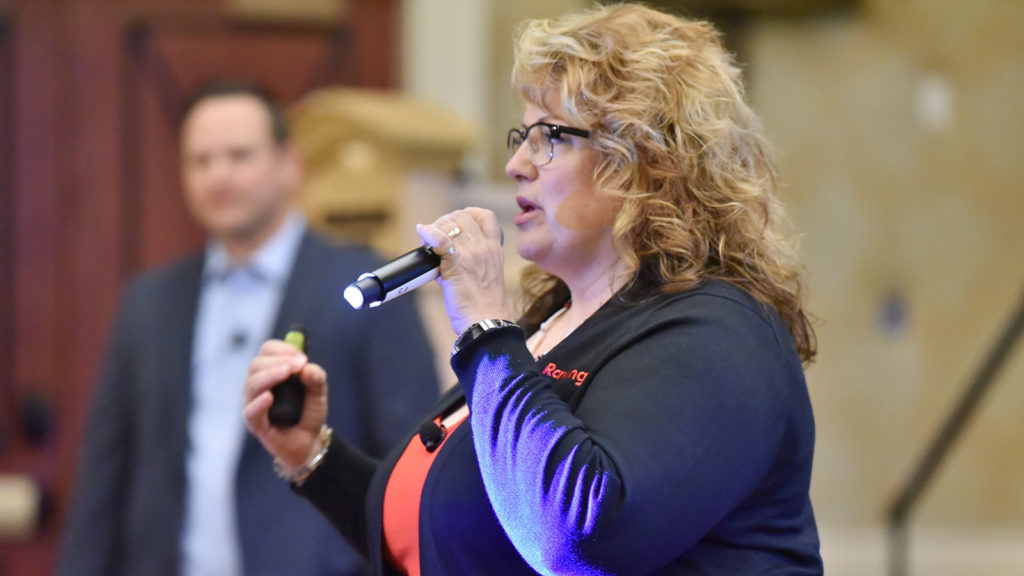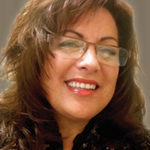
Life In Player Development
After decades in player development, it never ceases to amaze me that we are still having to fight the perception that hosts don’t do anything except hand out freebies, get (or give) hugs and receive cookies and other gifts. Those who have worked in PD know very well that, if done correctly, this is a tough job and requires excellent time management and communication skills in order to be successful. It isn’t “digging a ditch in 120-degree heat” hard, but hard just the same. And without proper self-management and direction, some will spin their wheels, get frustrated and ultimately get nothing measurable or productive done.
However, after working with so many PD teams, I have found that we can be our own worst enemies. There are specific things we continue to do that make our jobs much more difficult and time-consuming, thereby negatively affecting our productivity and effectiveness. I want to call out the biggest offenses and hopefully help my fellow PD folks become more effective in their roles.
Excuses
“They didn’t give me my list.”
“They don’t give us enough time to complete the task.”
“I didn’t know.”
“I lost my best player; that’s why I didn’t hit my goals.”
“They didn’t give us an offer to sell. How can I make calls if there isn’t an offer?”
Excuses don’t get results. “They” have been fired. Stop looking for reasons to fail. Pick up the phone; an offer isn’t necessary when you are trying to build a relationship with a guest. Get out on the floor. Don’t depend on your best players, but find new ones so that when something happens (and it will) you will still achieve your goals. When you fail (and you will), own it and move on. Stop procrastinating because what you put off today doesn’t disappear, it just ends up biting you in the backside tomorrow. If it’s not working, change it.
Productivity
I feel like this is obvious, but apparently it needs to be said: Being busy and being productive are two completely different things. Get yourself organized and manage your time effectively. Break it down to daily, weekly, monthly and quarterly; set a goal and be proactive. In other words, make a plan and work that plan. There are a plethora of tools available today. Whether it’s digital by using your smartphone calendar, alerts and reminders, or going “old school” by using post-it notes, paper calendars, file folders, journals and whiteboards, or a combination of the two, figure out what works best for you and do it. Clear out the “time-suckers” and focus on those strategies that help you achieve your goals. Try not to multitask, but consciously take time to focus on each task, even if it is only for 10 minutes.
When you get pulled off your schedule (and you will, every day), having a plan will help you return to center. This plan will serve as a compass to help you really figure out what is important (productive) and what is not (busy). Determine the best method of organization that works for you and do it.
Communication
The most important tool in a host’s or any salesperson’s arsenal is communication, and the most important activity in communication is the one most of us do poorly: listen. We need to listen, so we can learn, so we can lead conversations. The more we learn, the better experience we can create for our guests. The better we listen, the more successful we will be in determining the best way to communicate with our guests. Everyone has a different way of communication and when we figure out what works best for each person, the more successfully we will be able to assist and understand what is important to them. It’s not the Golden Rule (treat others the way you would like to be treated), but the more considerate Platinum Rule (treat others the way they would like to be treated). We are all different, so by truly listening, we will be able to understand one another more clearly.
This is true not only with guests, but internally with fellow teammates and all departments within the casino. Hosts function as a liaison between the guest and the casino. We need to understand the casino and its functions, departments and processes, just as we need to understand our guests’ wants and needs. Opening up these lines of communication will not only help you understand how and why those departments do things, but will help everyone work as a team. When we all function as a team, we serve our guests better. Serving our guests better creates loyalty, and loyalty creates revenue!
Takeaways
-
Be accountable for your own actions. Excuses don’t positively affect the bottom line.
-
You can’t be productive without a plan. Be proactive, make a plan and work the plan!
-
Stop talking and listen; listen to understand, not to respond. You cannot learn when you aren’t listening.
-
And most importantly, if you don’t know, ASK!

